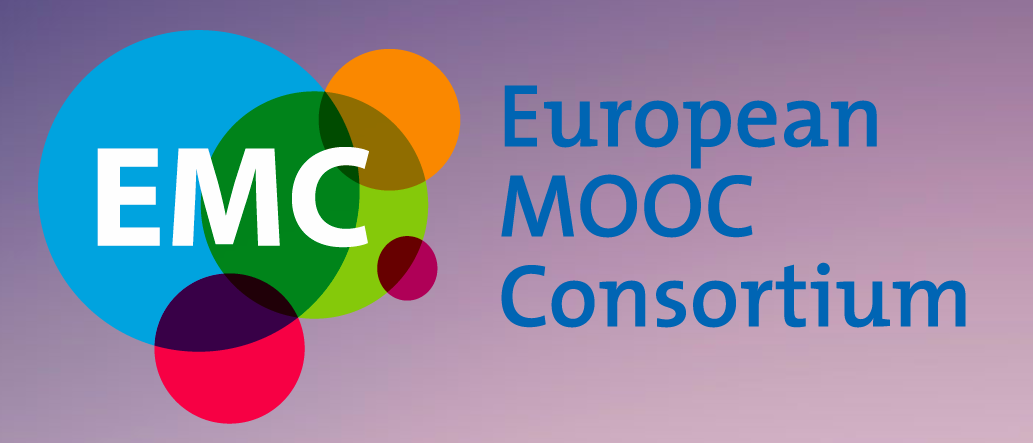This presentation began with a general discussion – informed by Audrey’s background as a folklore scholar – of apocalyptic prediction. Apocalypse and crisis are motifs that are common in contemporary discourse around education and educational technology, often accompanied by the idea of some sort of salvation through technology. Christiansen’s (1995) notion of disruptive innovation threatens to both sweep away the new as a destructive force while ushering in the radically new.
Watters argues that these ‘end-times’ kinds of myths have a pervasive on American culture, and that the idea of disruptive innovation is particularly prevalent among Silicon Valley entrepreneurs and in business culture. These provide an ideological framework which leads to a lot of predictions about the future of education: the move to mass online learning; the inevitable death of under-performing institutions; the death of the university. These are seen as inevitabilities that result from a kind of technological determinism. From the high-priests of this culture the accusation is made that public institutions are unable to innovate because they are monolithic, inflexible and somehow beyond the reach of these forces. Thus we are encouraged to embrace for-profit and MOOC style education since their prevalence is seen an an inevitability.
Good folklorists respect the sacred stories of particular cultures, but need not accept them as true. What happens when the rhetoric of crisis is adopted widely? Can we successfully move away from the rhetoric of ‘crisis’? These are the questions upon which we are encouraged to reflect…
Audrey’s notes and slides are available here.




Leave A Comment